In the lush fields of Singisi village, northern Tanzania, Neema Mduma's eyes lit up as she examined the leaves of a maize plant through a mobile app. The app, KilimoAI, was her brainchild, a plant-health tracker designed to empower farmers in Tanzania with real-time insights into crop health. With a few taps on the screen, the app could detect possible disease symptoms, providing a vital lifeline for farmers struggling to combat the devastating effects of crop diseases.
Behind the scenes, Neema and her team at the Nelson Mandela African Institution of Science and Technology had been working tirelessly to develop KilimoAI. Their mission was to harness the power of artificial intelligence (AI) to address some of the most pressing challenges in agriculture, conservation, and development. As a computer scientist, Neema was well-equipped to tackle this ambitious goal, but she knew that the real challenge lay in making the technology accessible to farmers who needed it most.
To create KilimoAI, Neema and her team collected thousands of photos of plant leaves from farms across Tanzania. They focused on diseases affecting maize, beans, bananas, and potatoes, which are staple crops in the region. The images were then verified by plant pathologists at the Tanzania Agricultural Research Institute to ensure accuracy. This painstaking process was crucial in training the AI model to recognize disease symptoms with high precision.
The result was a mobile app that could analyze a photograph of a plant leaf and provide a diagnosis in seconds. Farmers could use KilimoAI to monitor their crops remotely, identifying potential problems before they spread and causing irreparable damage. The app also offered personalized advice on how to manage diseases, providing a valuable resource for farmers who often lacked access to expert guidance.
For Neema, the impact of KilimoAI went beyond just improving crop yields. "We want to empower farmers to take control of their own destiny," she explained. "By providing them with accurate and timely information, we can help them make informed decisions about their crops and improve their livelihoods." Neema's passion for AI and agriculture was evident in her words, but she was quick to acknowledge the challenges that lay ahead.
As KilimoAI rolled out across Tanzania, Neema and her team encountered a range of obstacles. From ensuring that farmers had access to smartphones and internet connectivity to addressing concerns about data ownership and privacy, the team had to navigate a complex web of issues. However, Neema remained undeterred, convinced that the benefits of KilimoAI far outweighed the challenges.
As the sun set over the fields of Singisi village, Neema reflected on the journey that had brought her to this moment. From her early days as a computer scientist to the development of KilimoAI, she had always been driven by a desire to make a difference. "I want to leave a lasting legacy in Tanzania," she said, her eyes shining with determination. "I want to show the world that AI can be a powerful tool for development, not just a luxury for the privileged few."
As KilimoAI continues to spread its wings across Tanzania, Neema's vision for a more sustainable and equitable food system begins to take shape. With its potential to transform the lives of millions of farmers, KilimoAI is more than just a plant-health tracker – it's a beacon of hope for a brighter future.
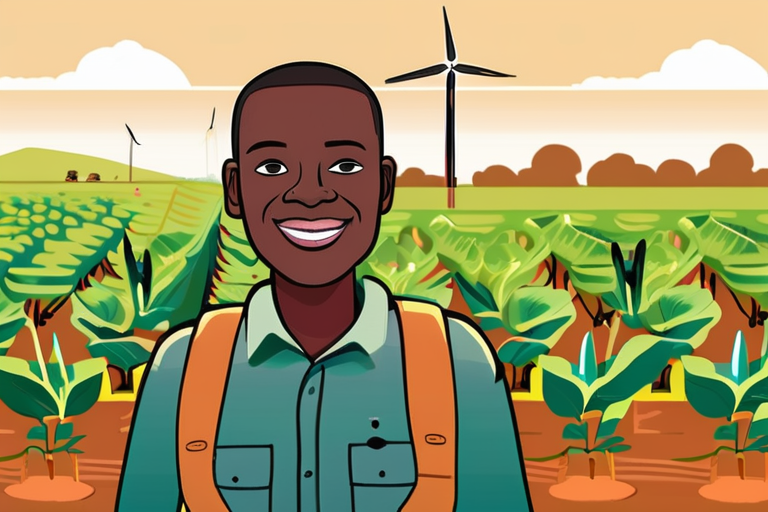

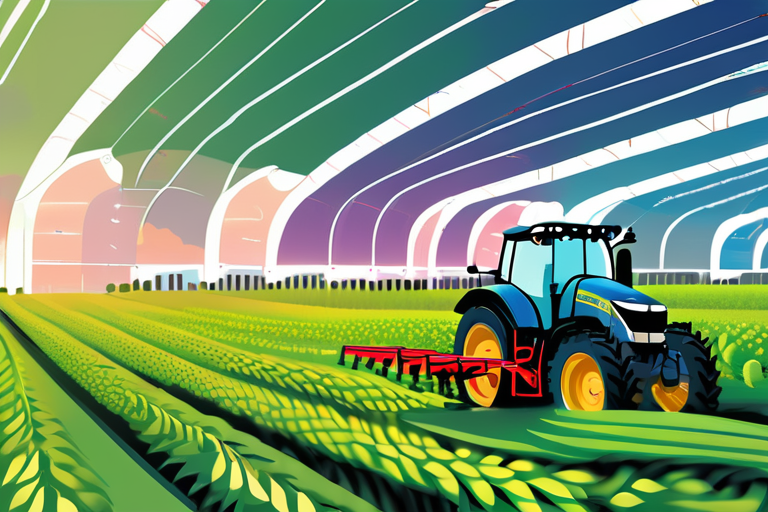
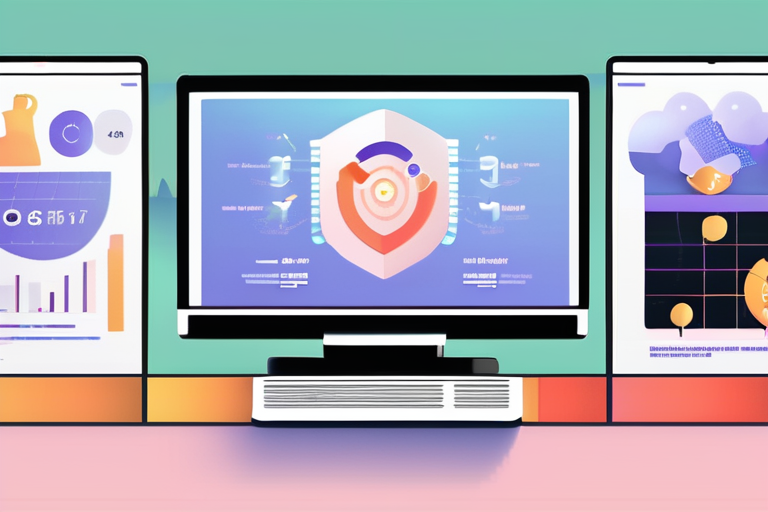
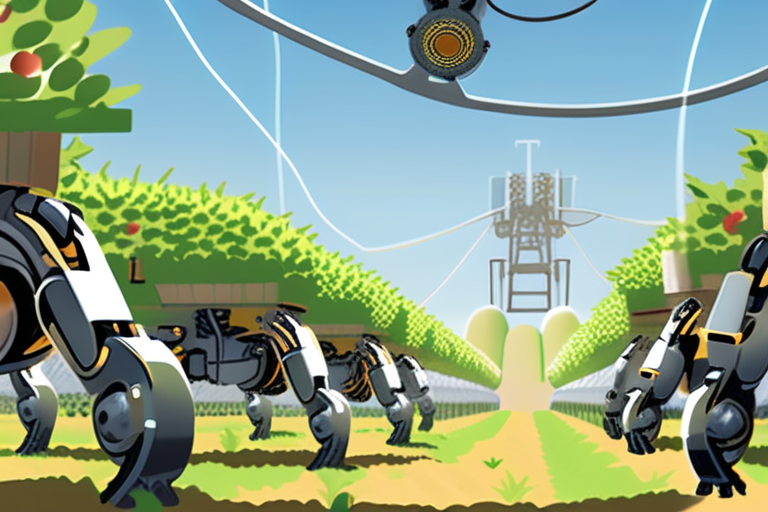
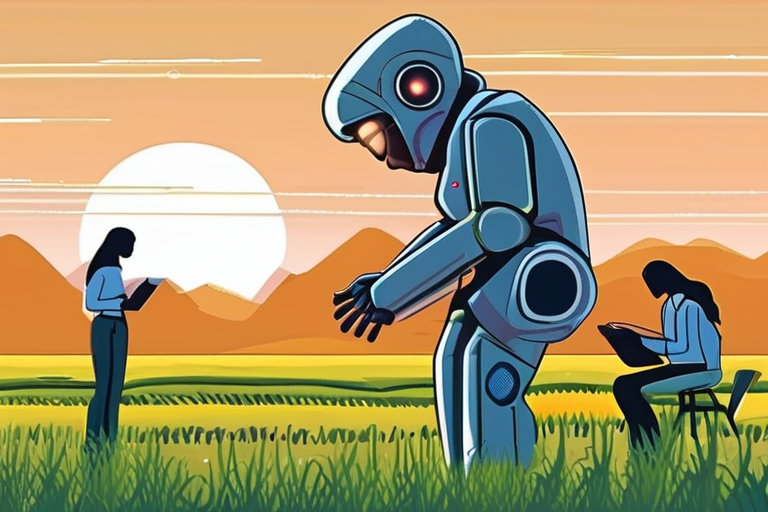
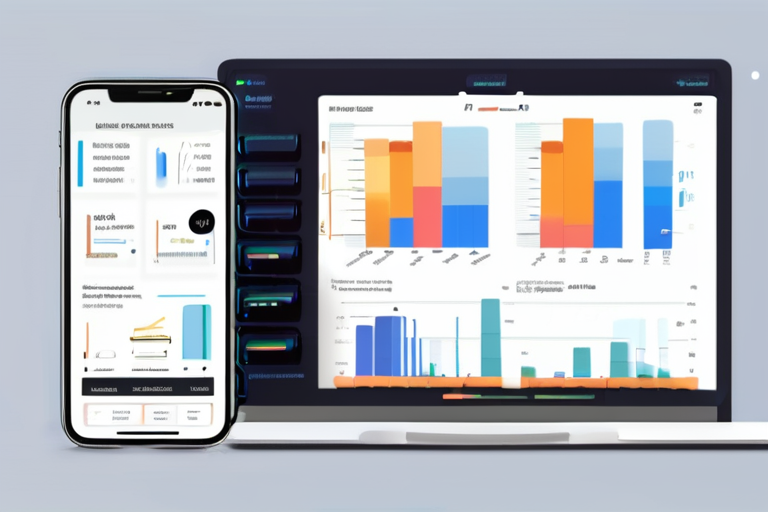
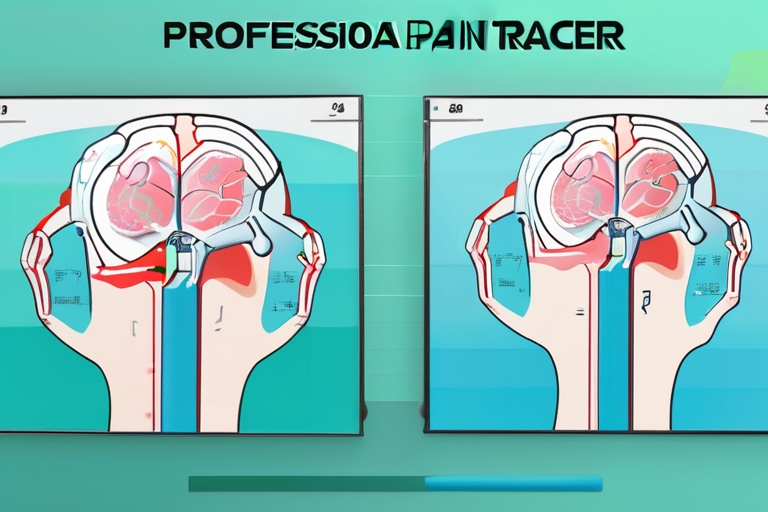
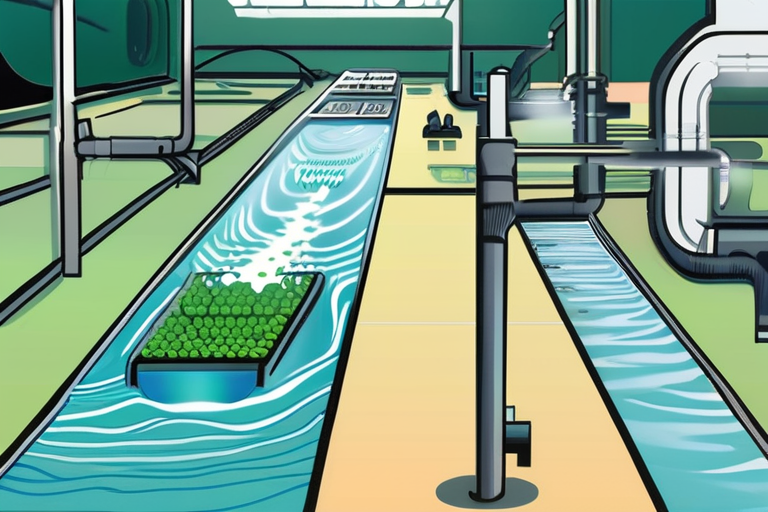
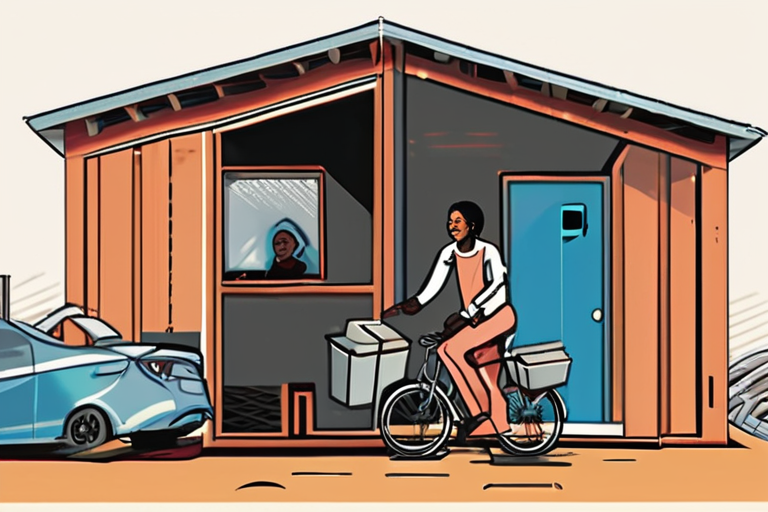
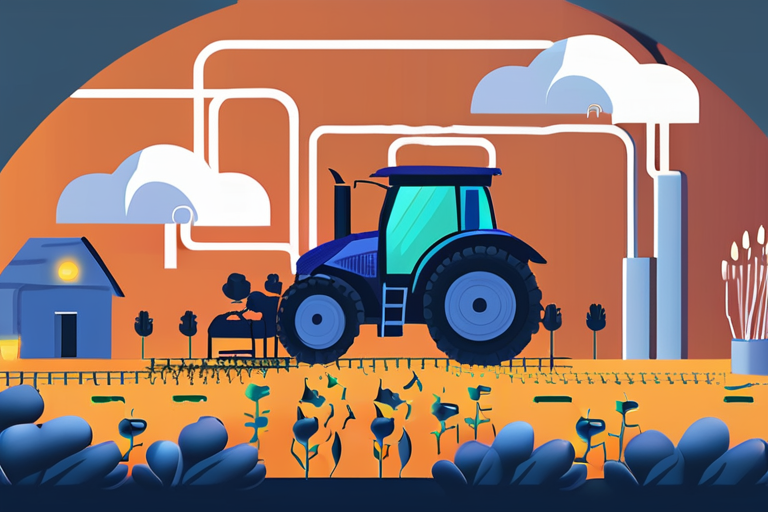

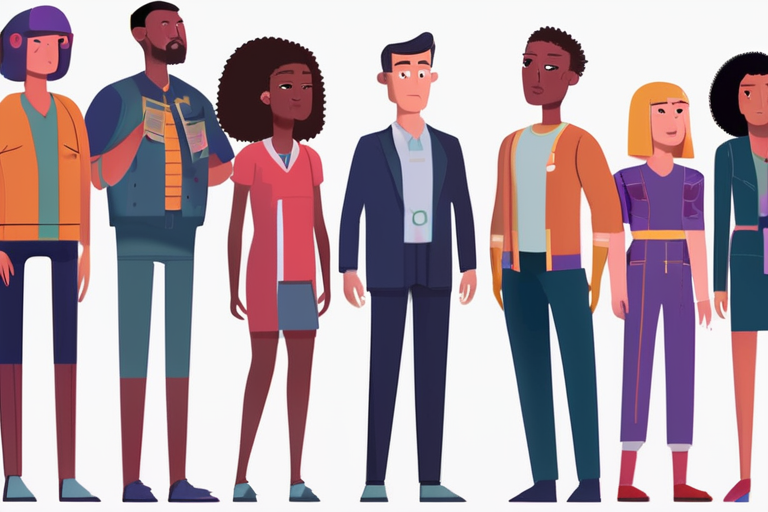
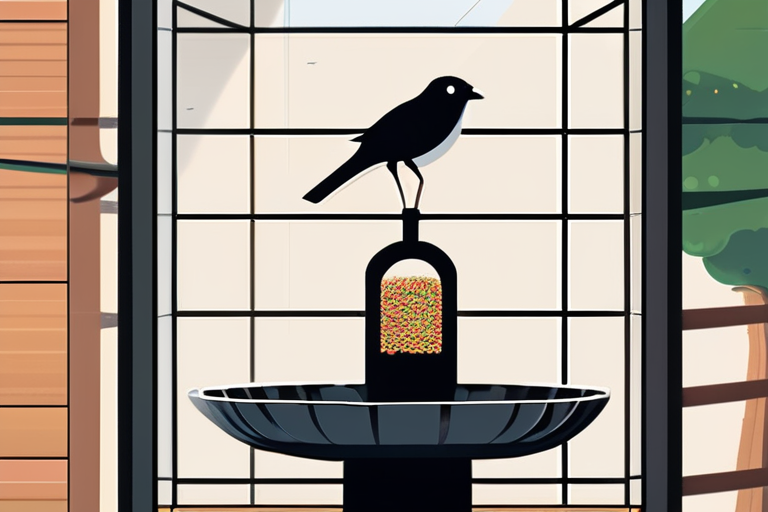
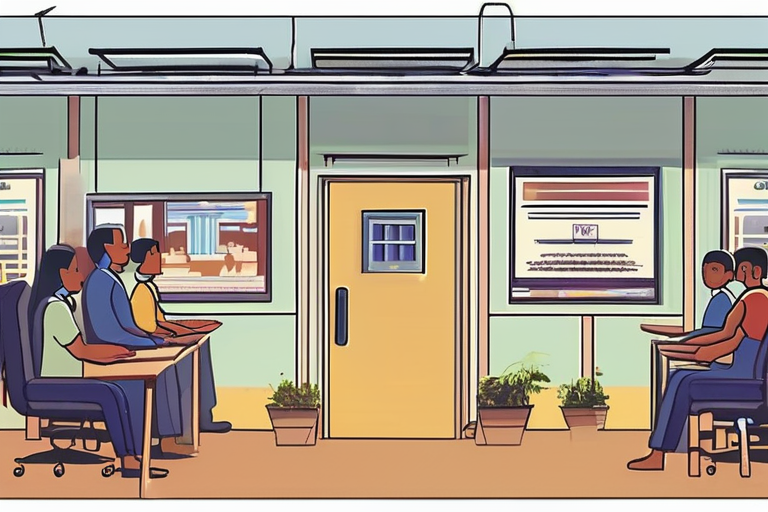



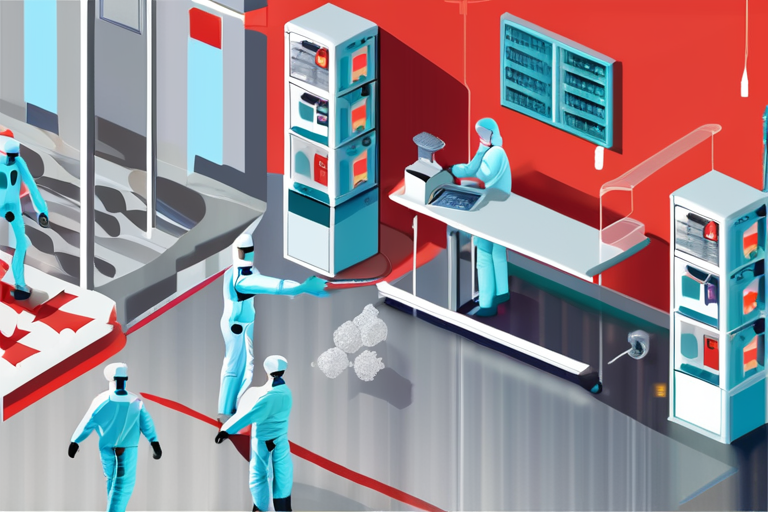
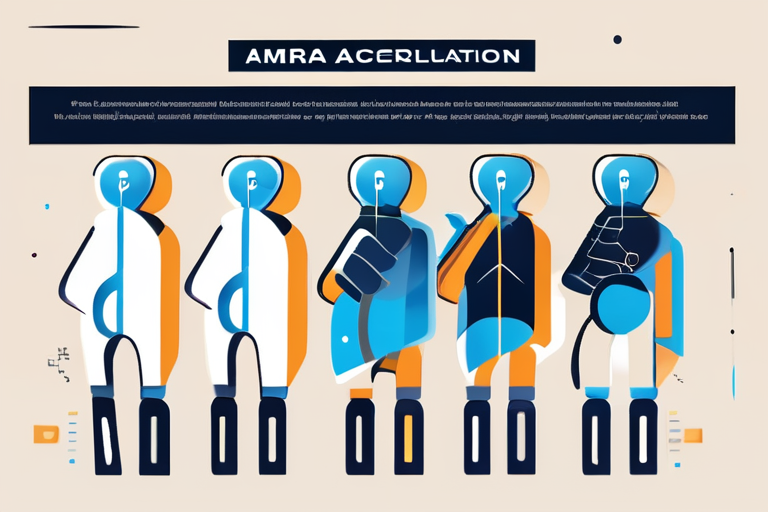
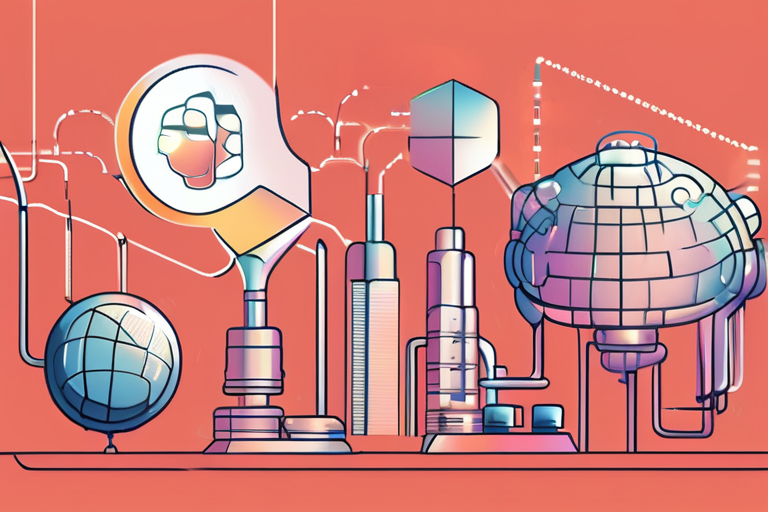
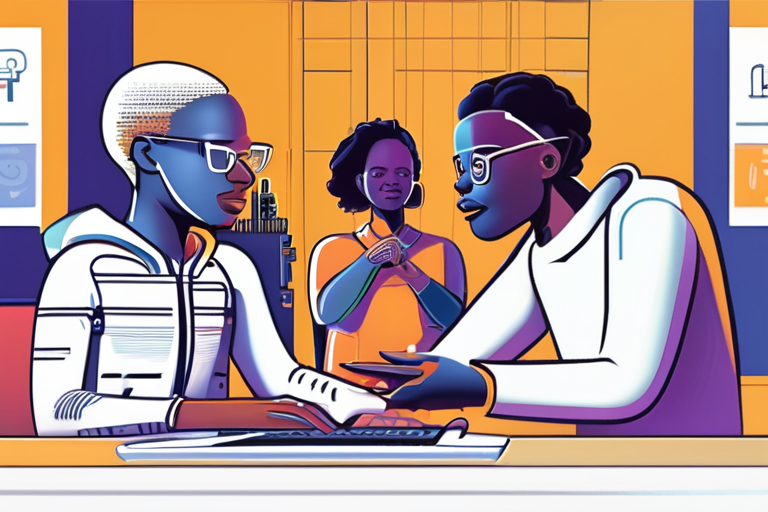

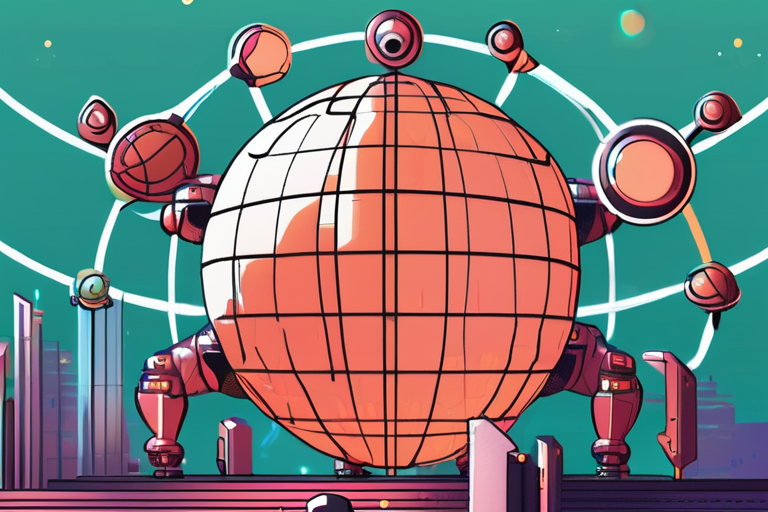
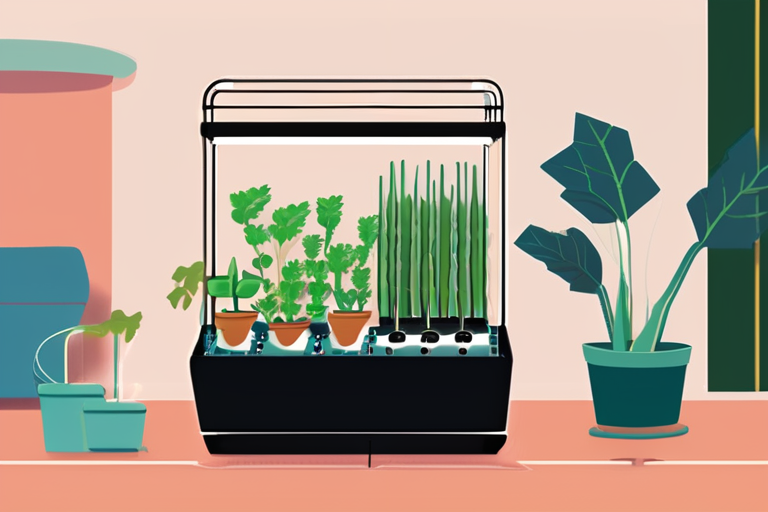
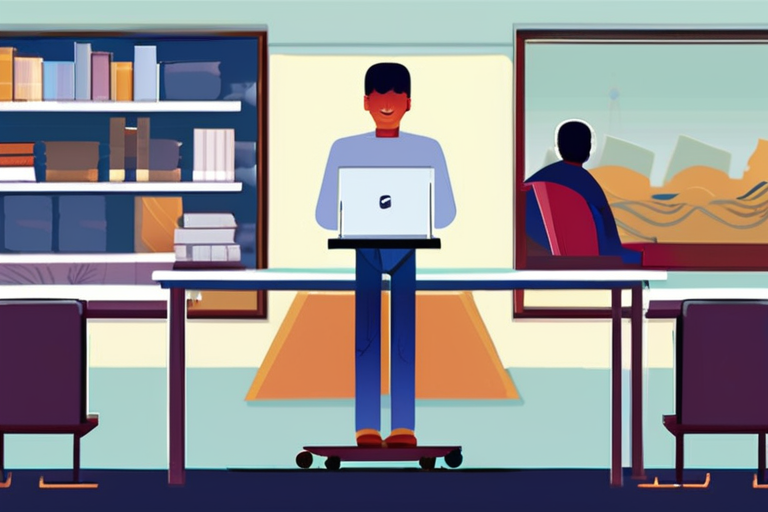
Share & Engage Share
Share this article